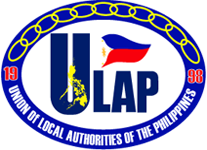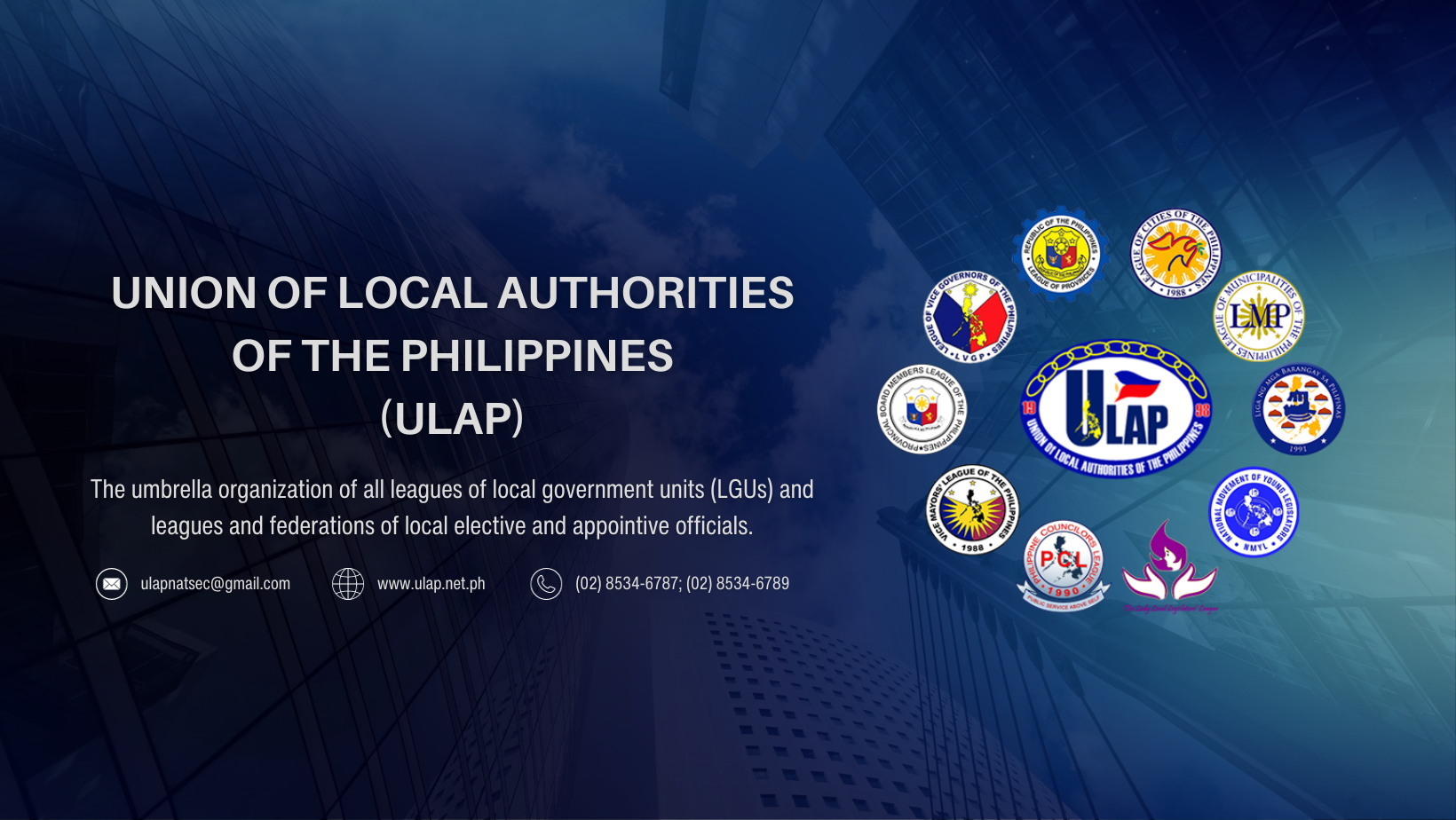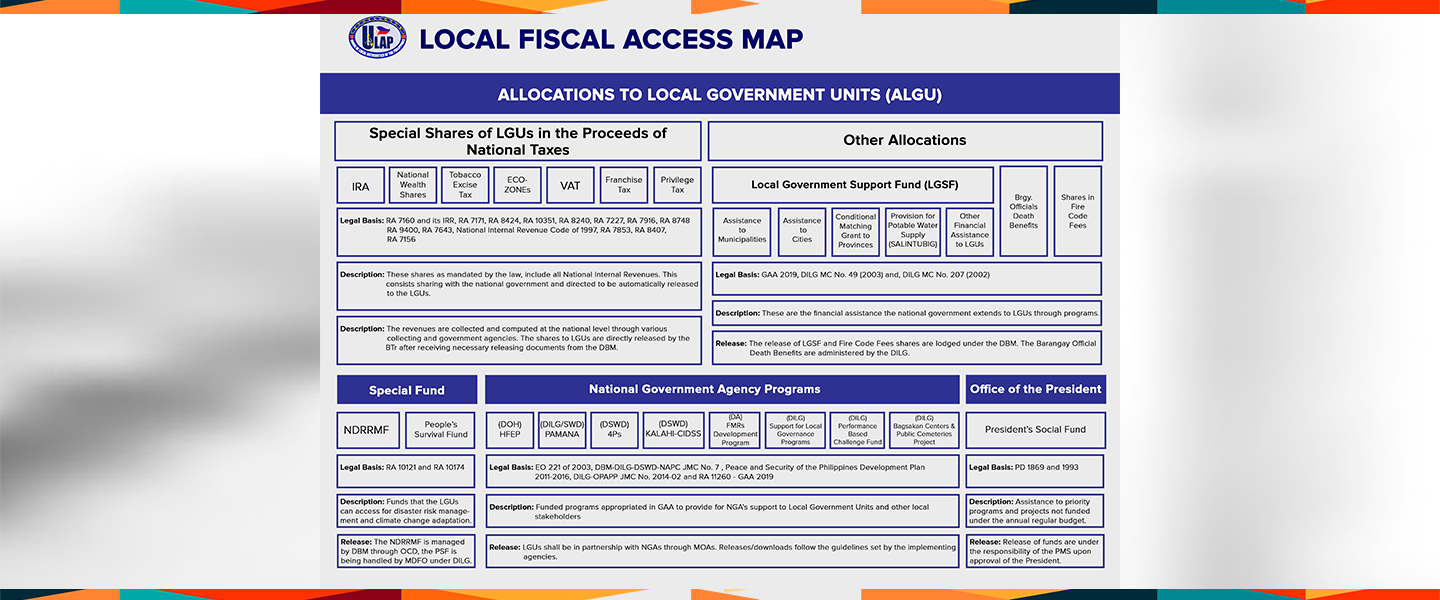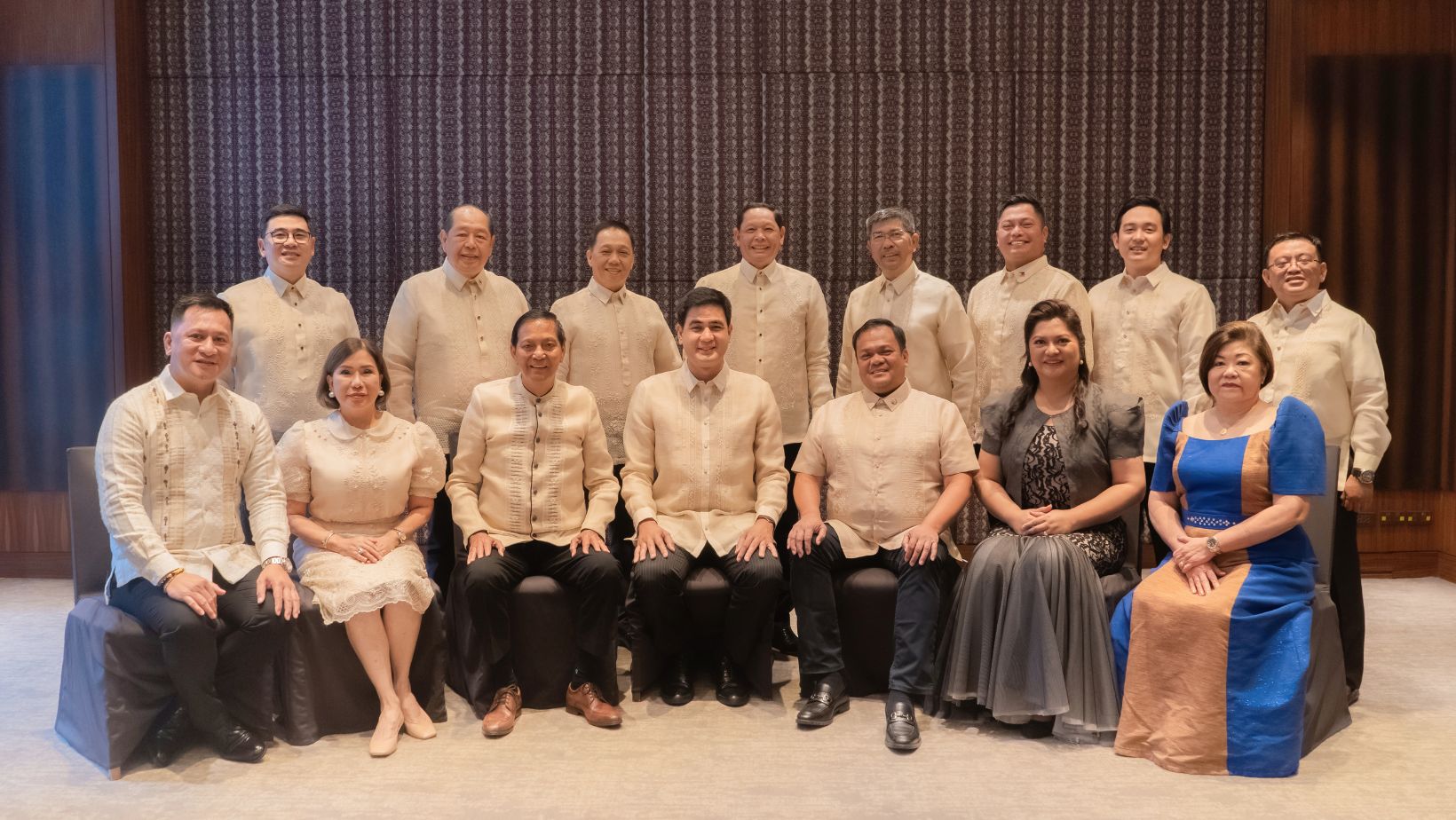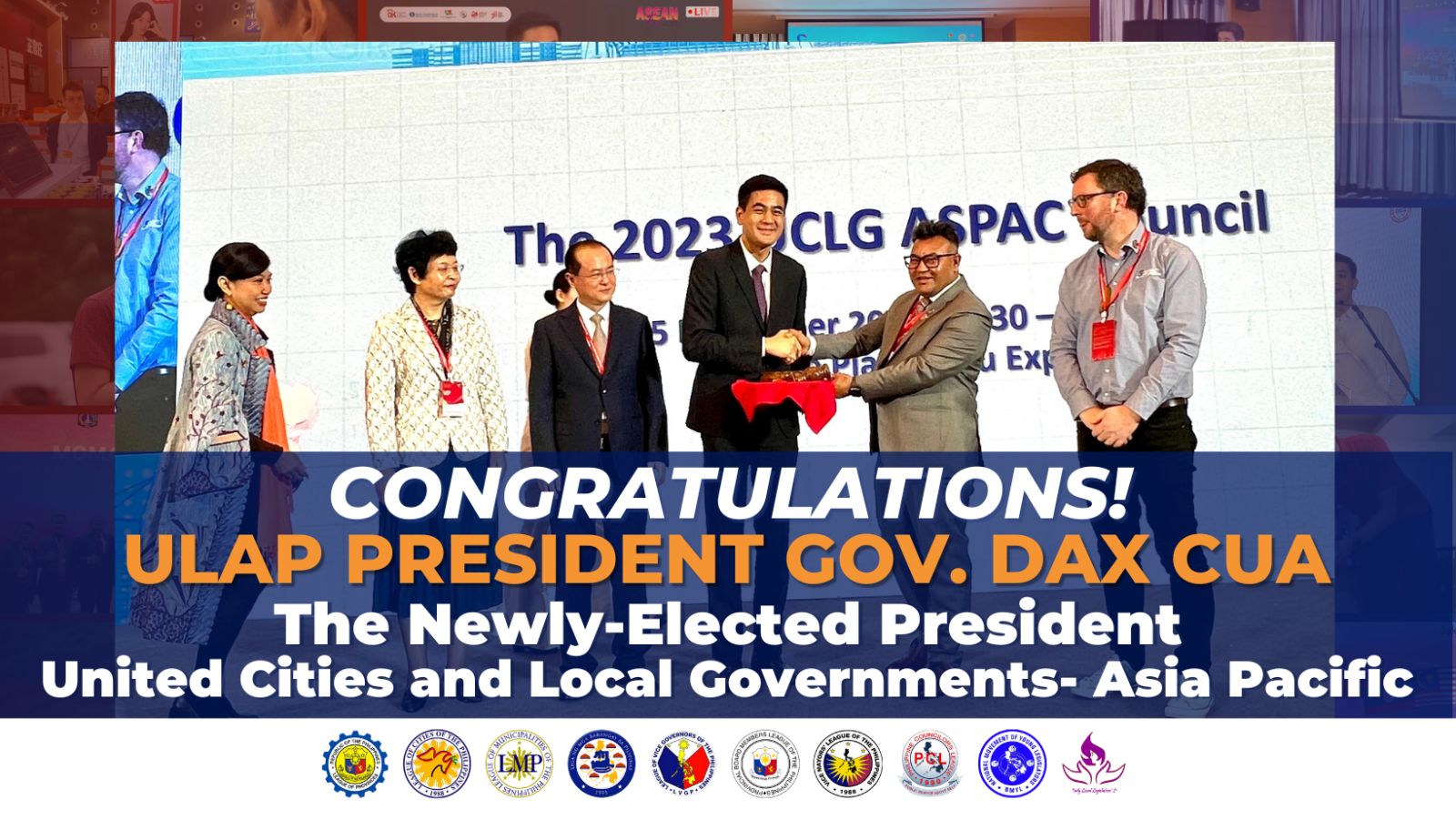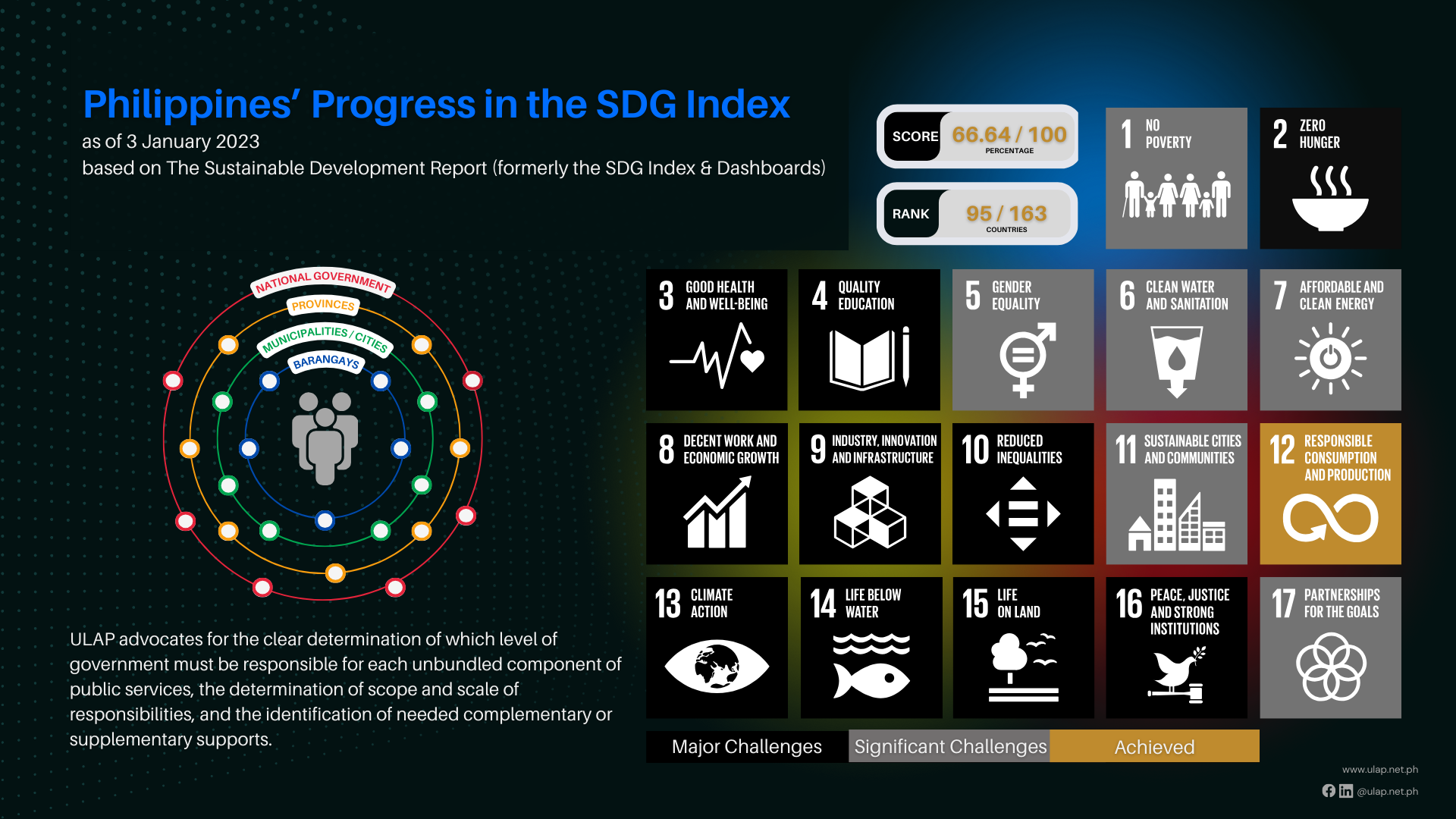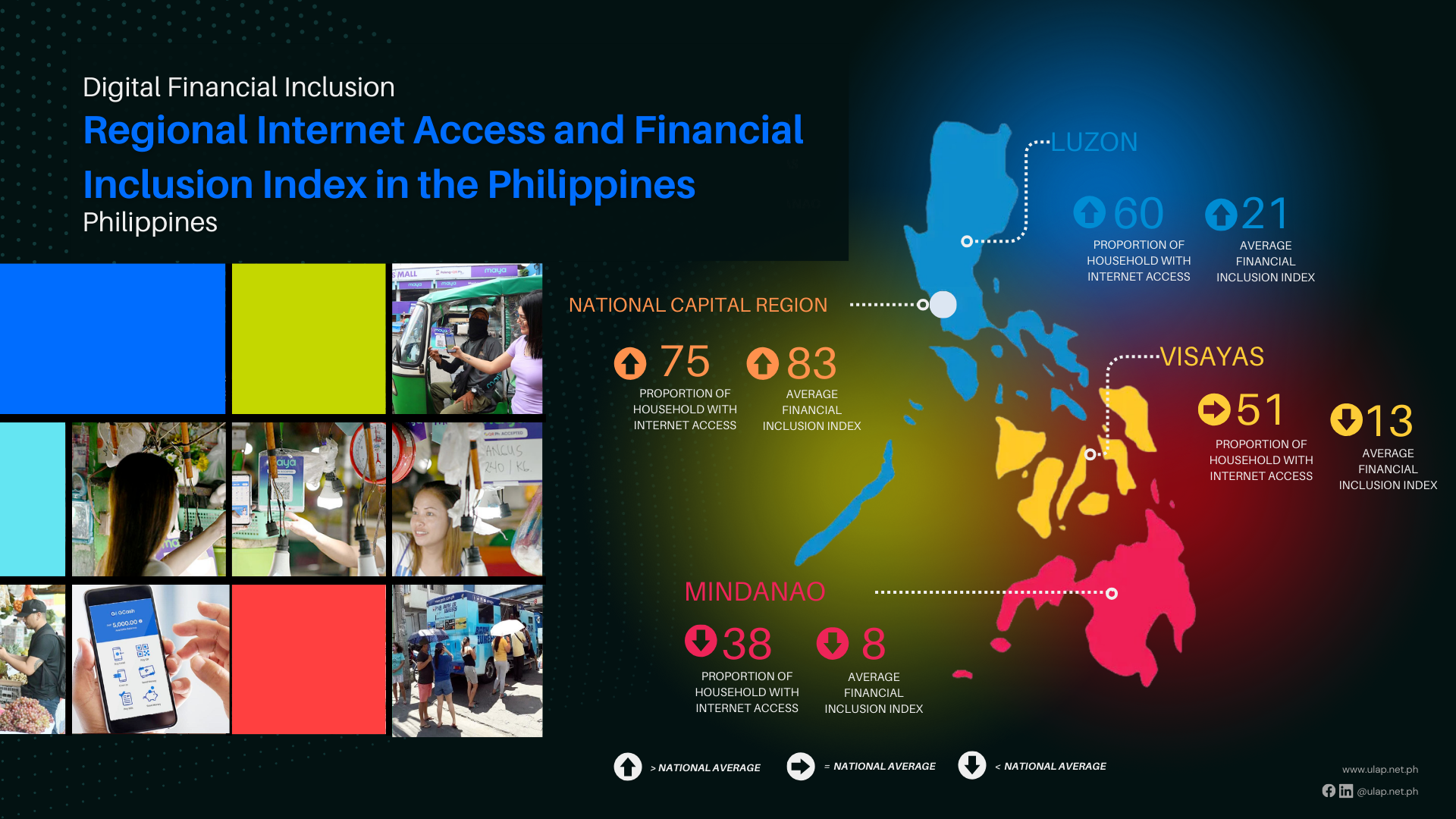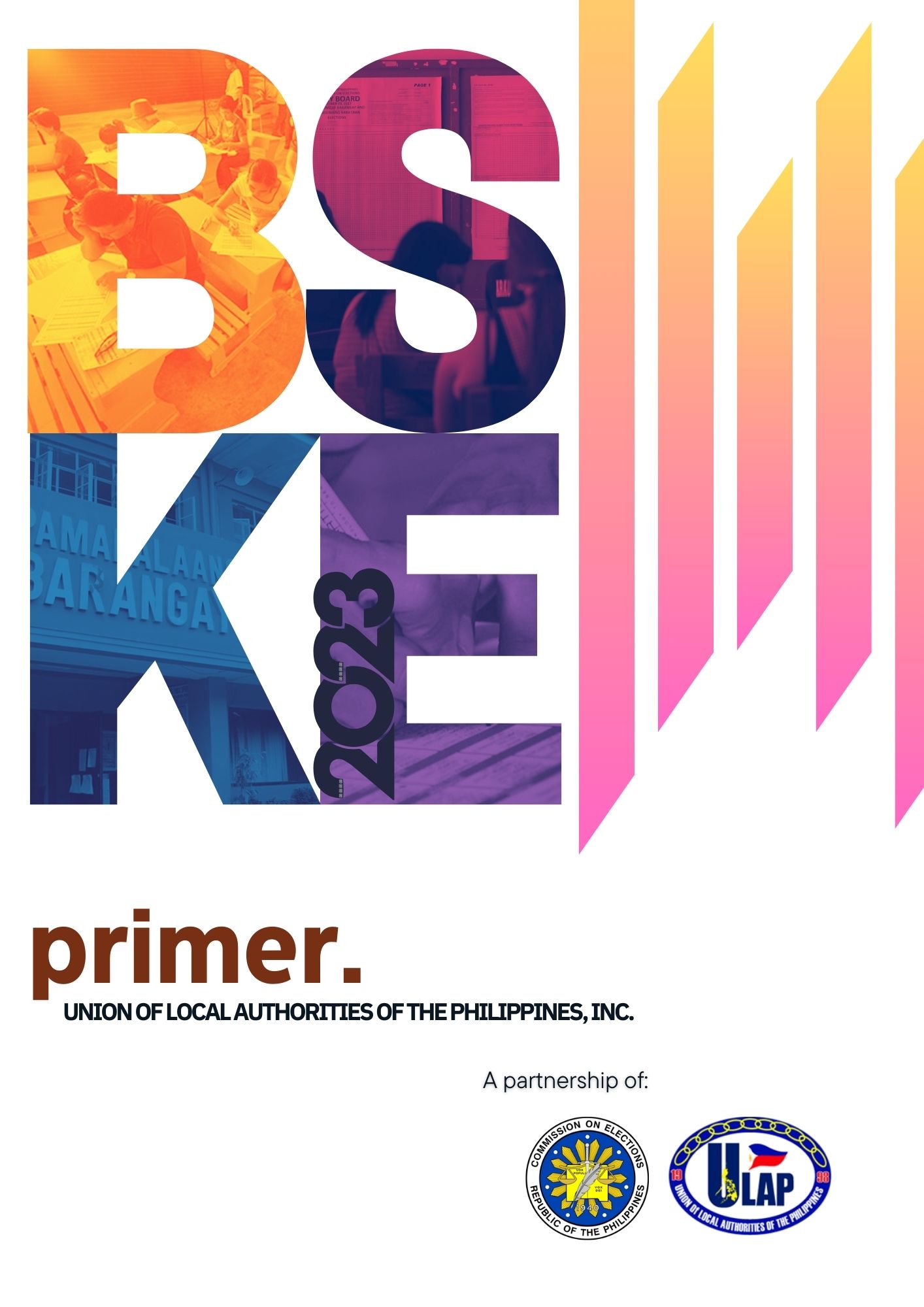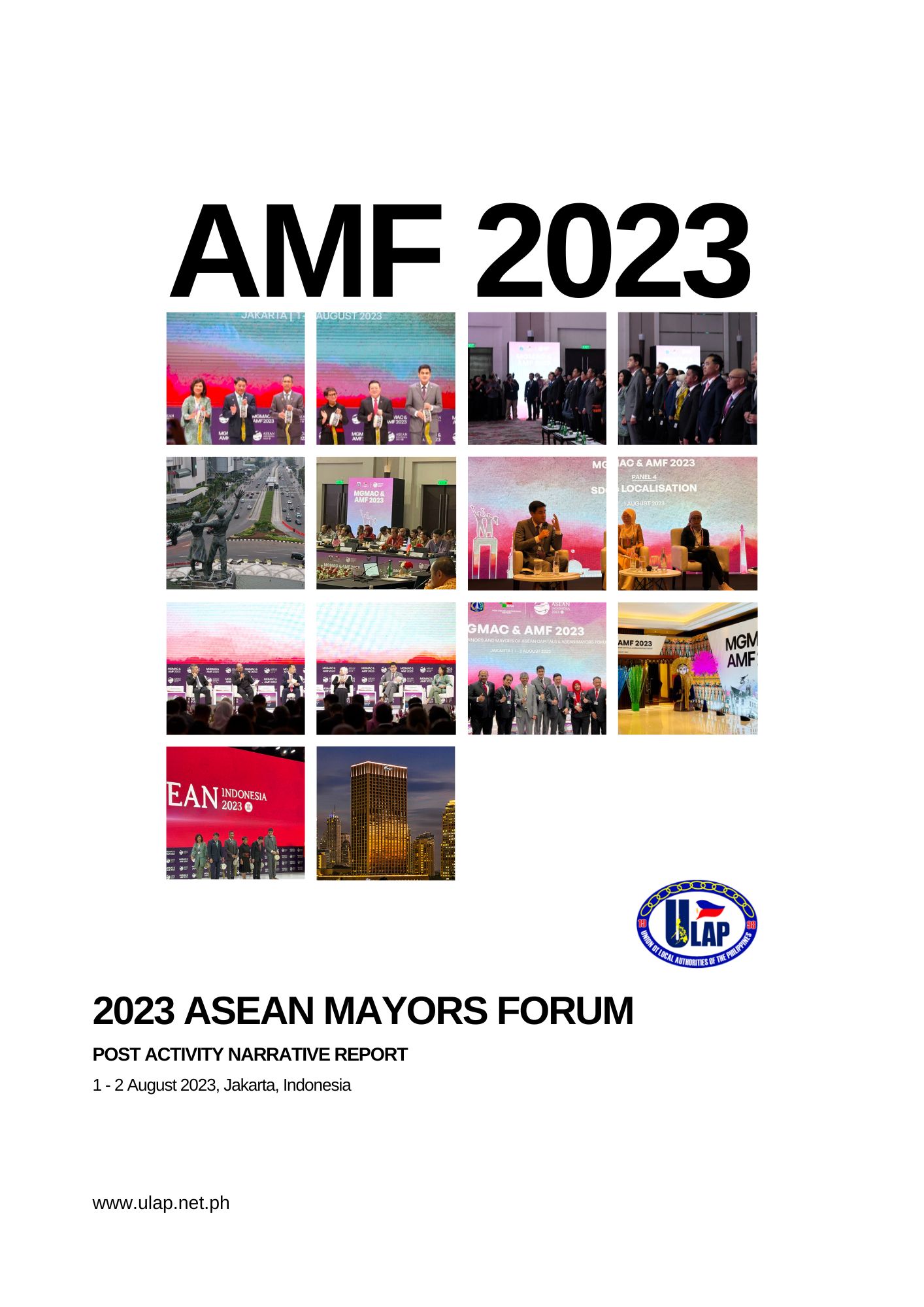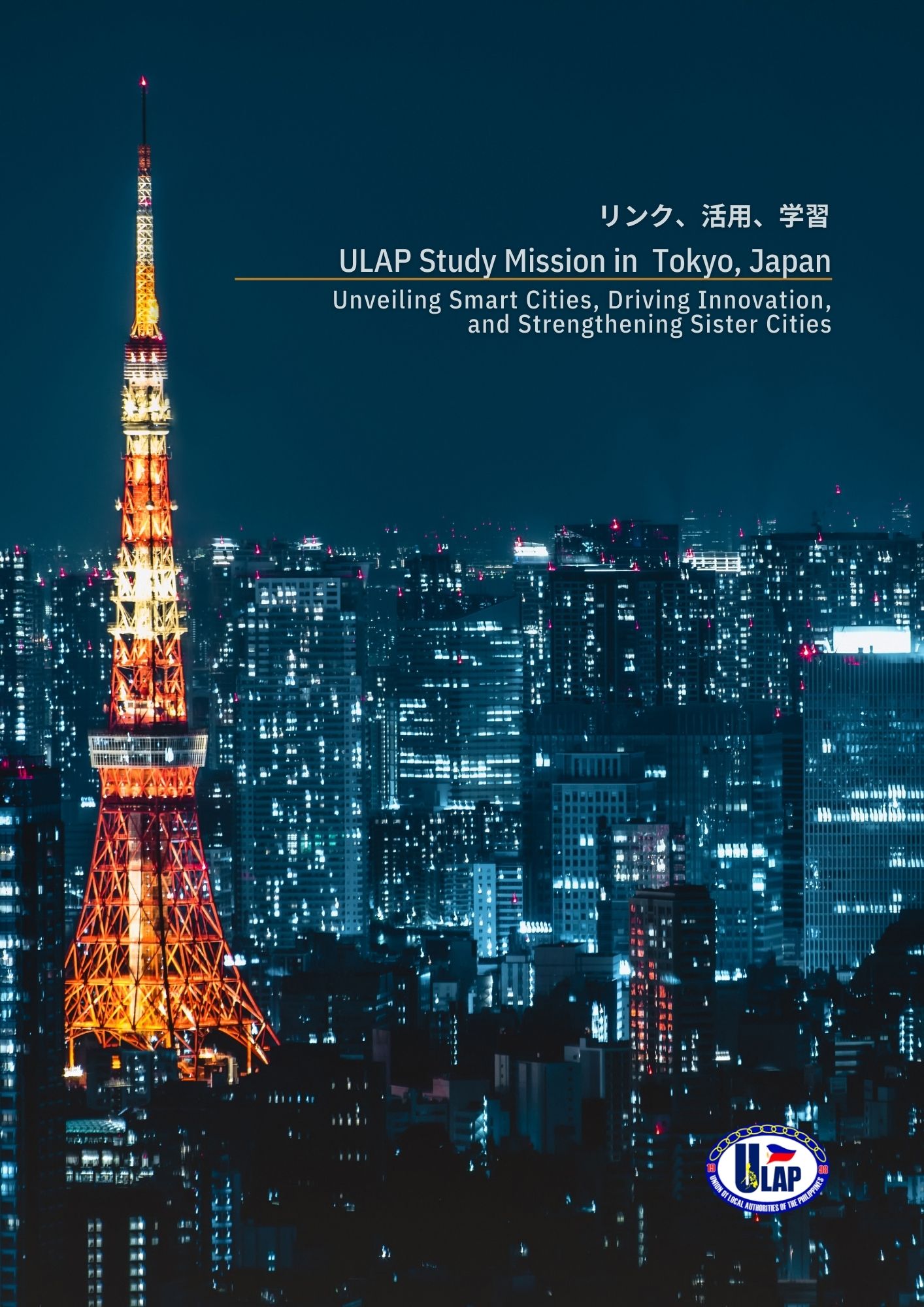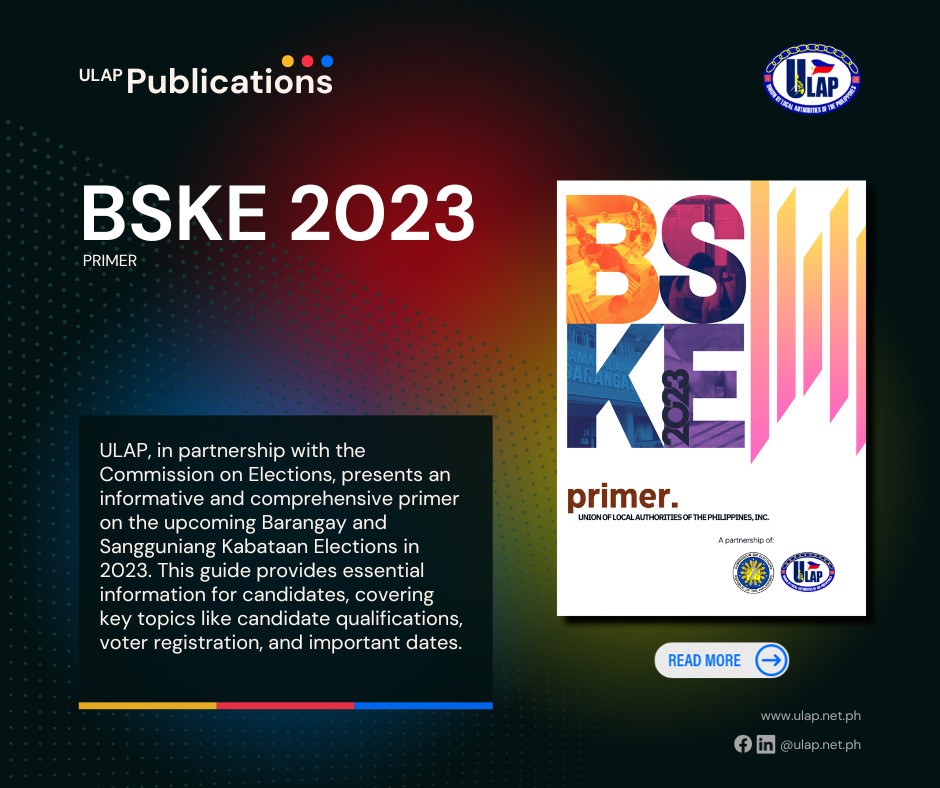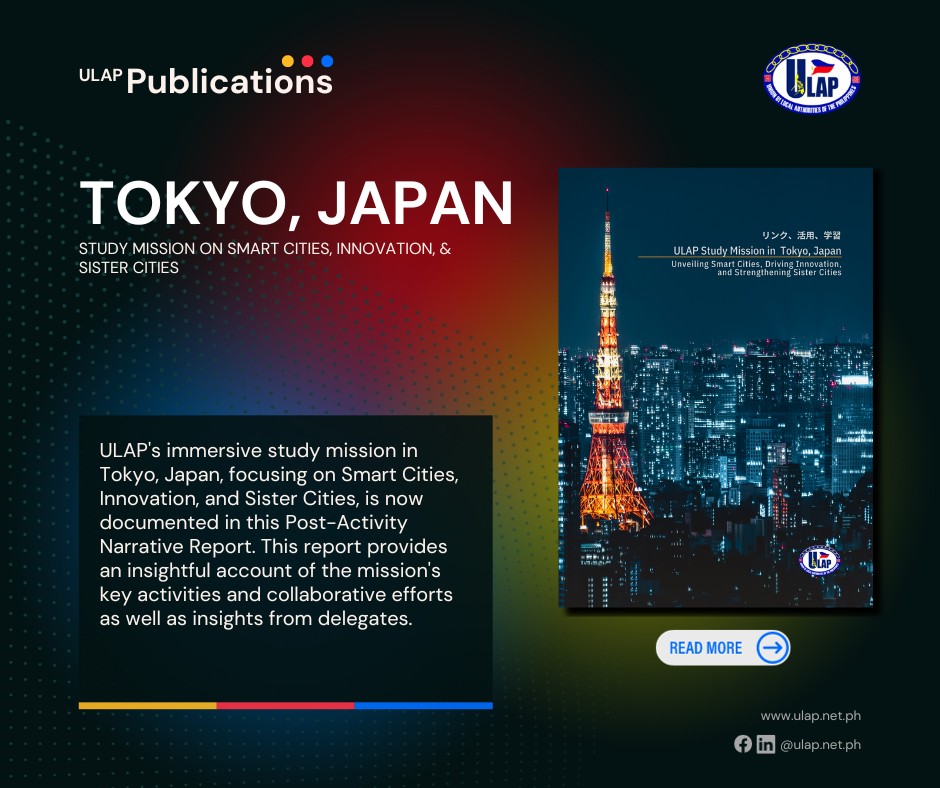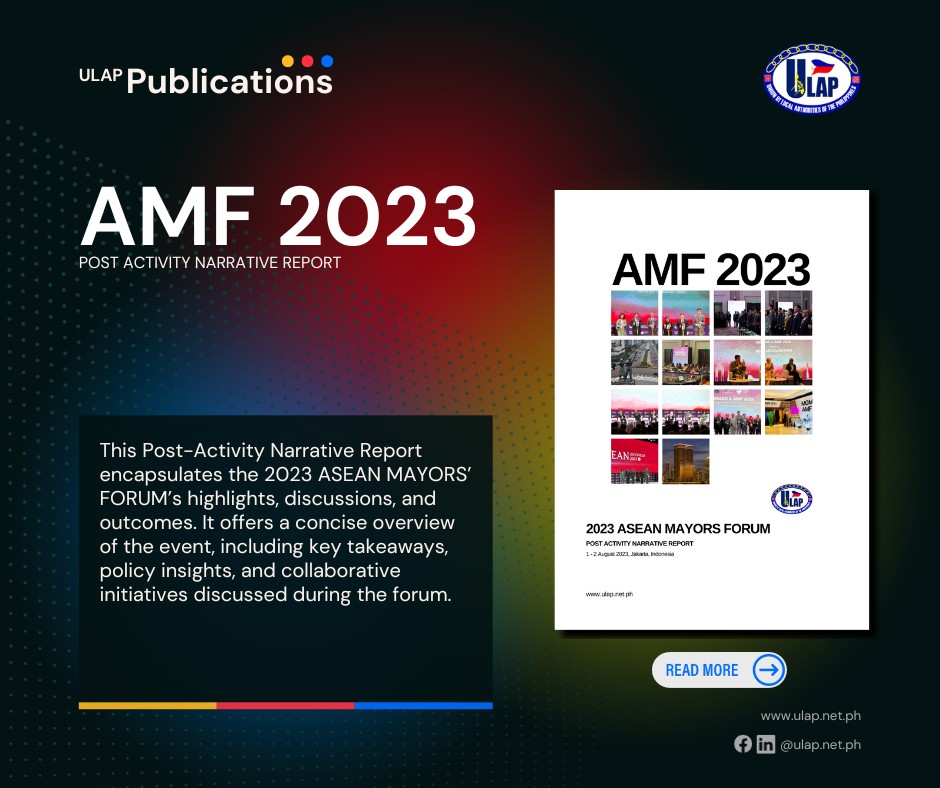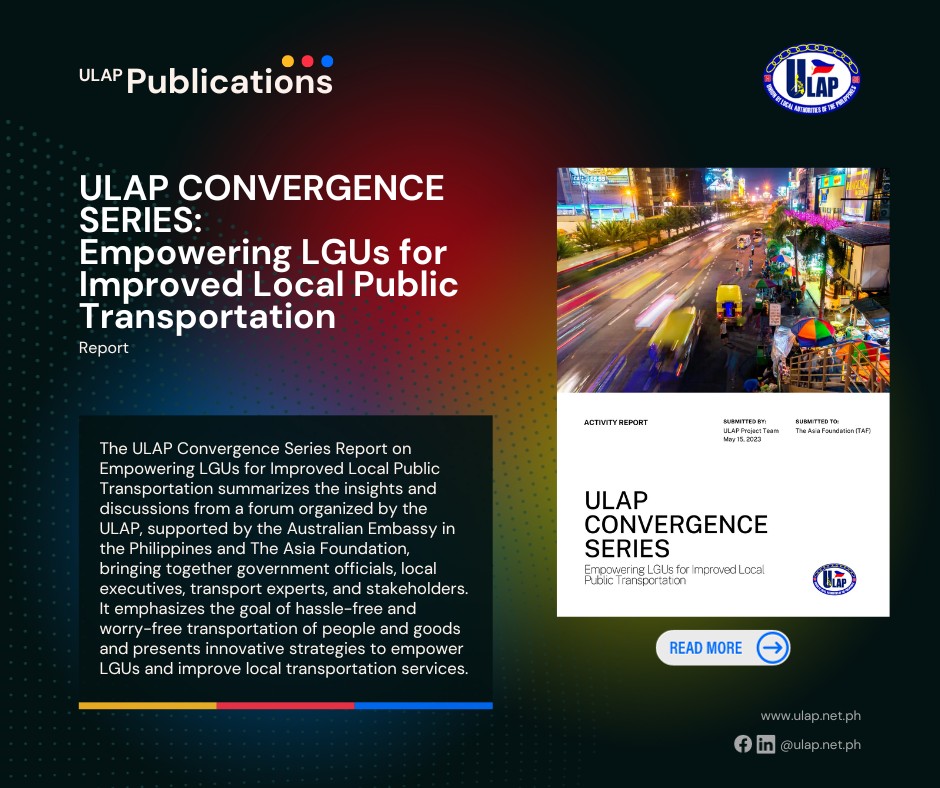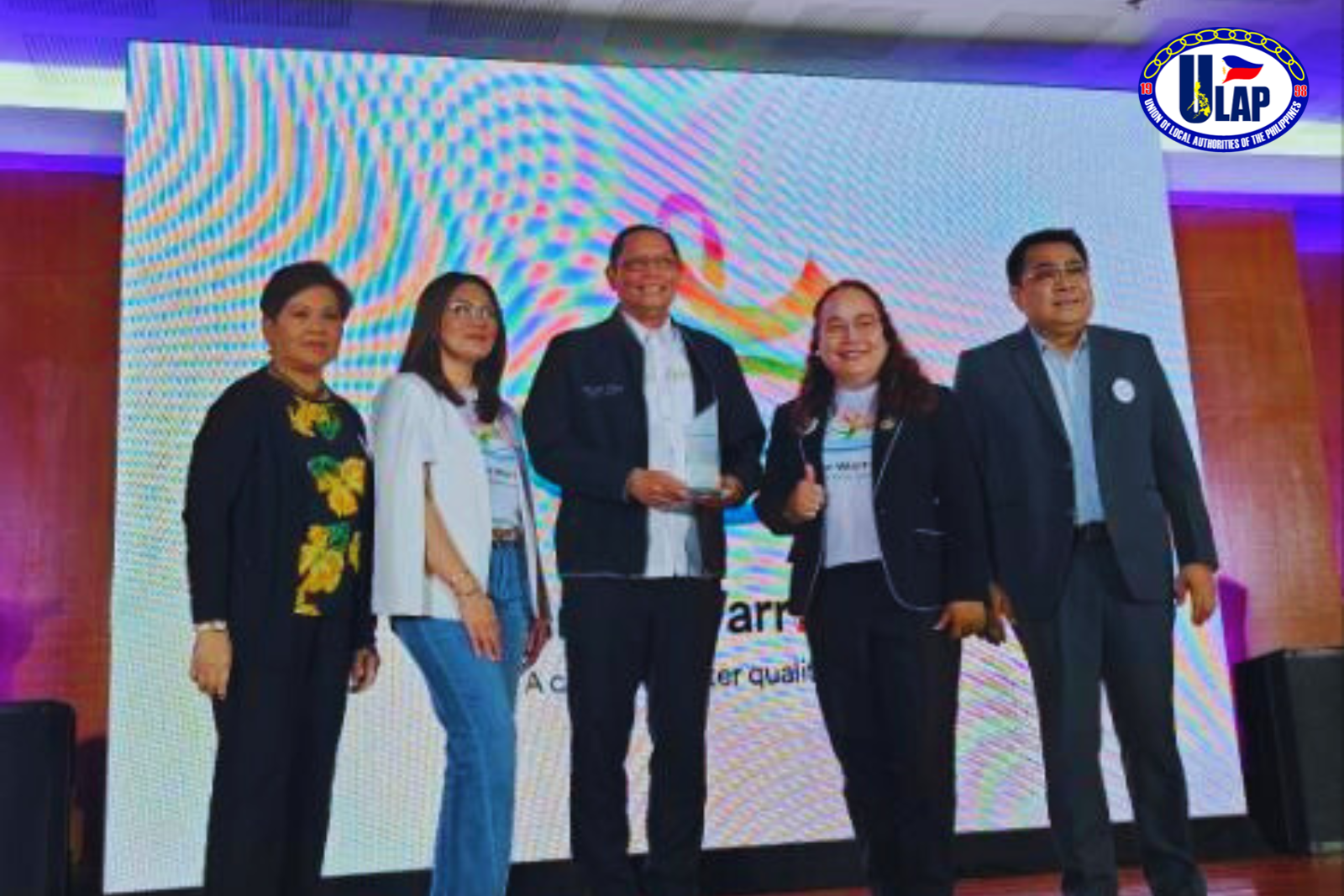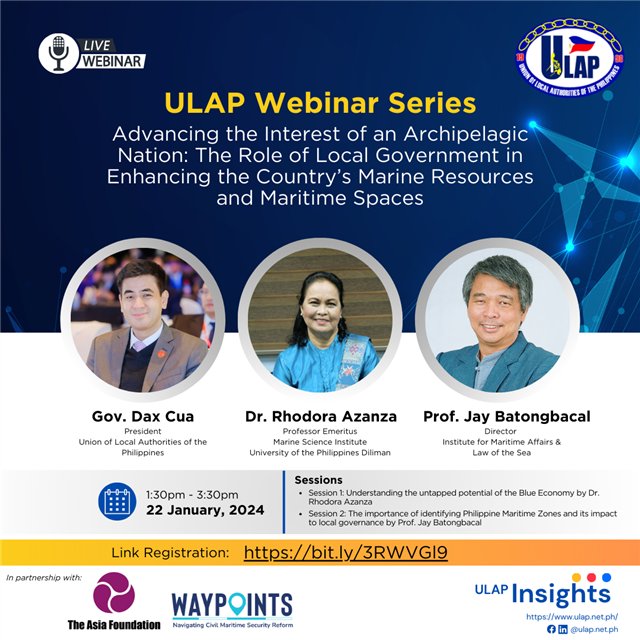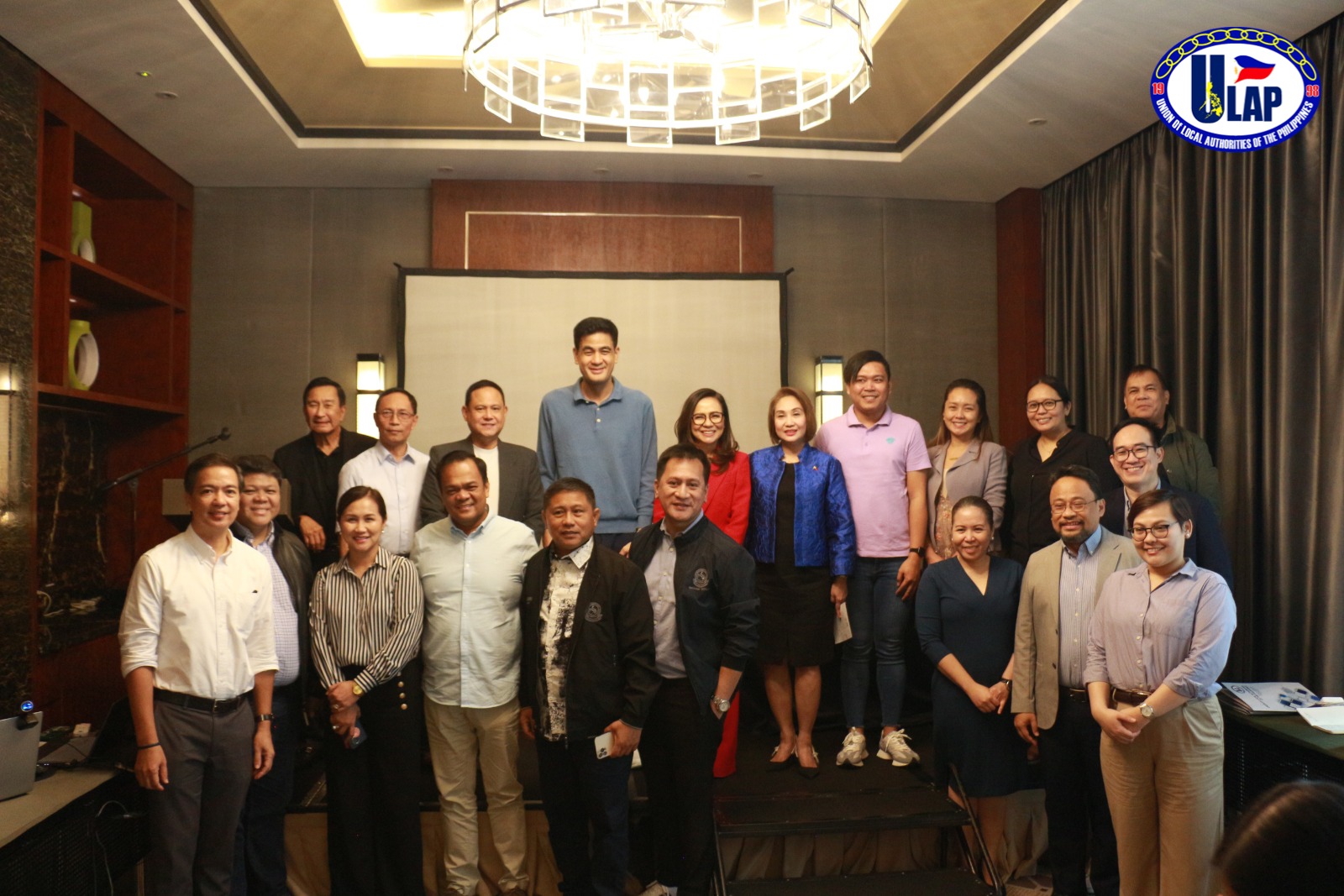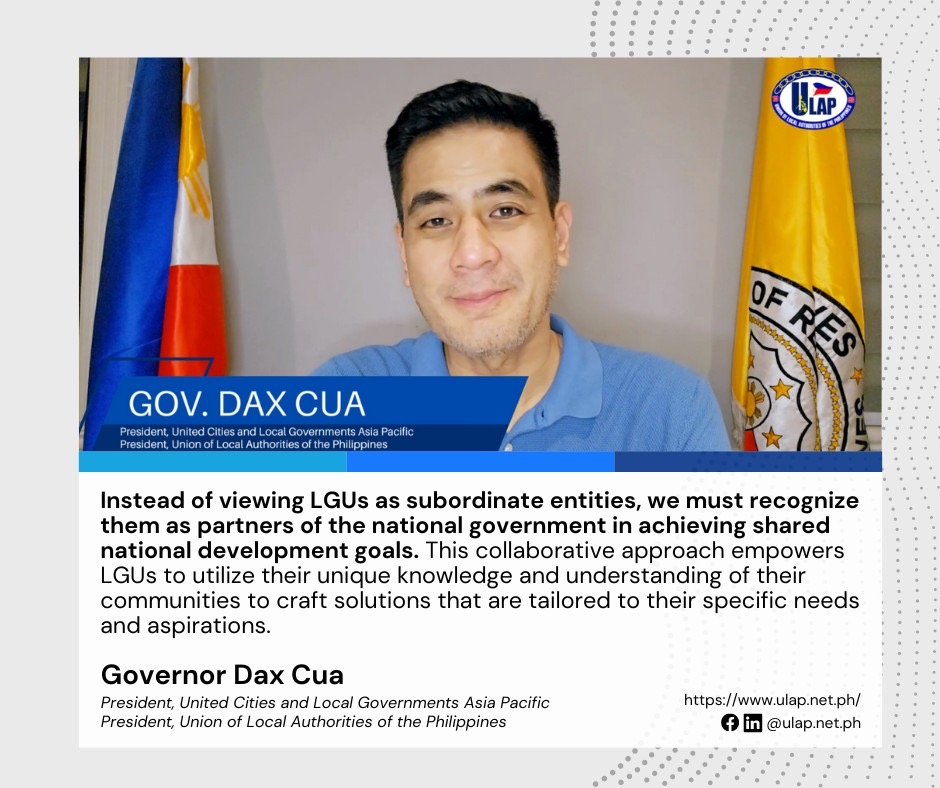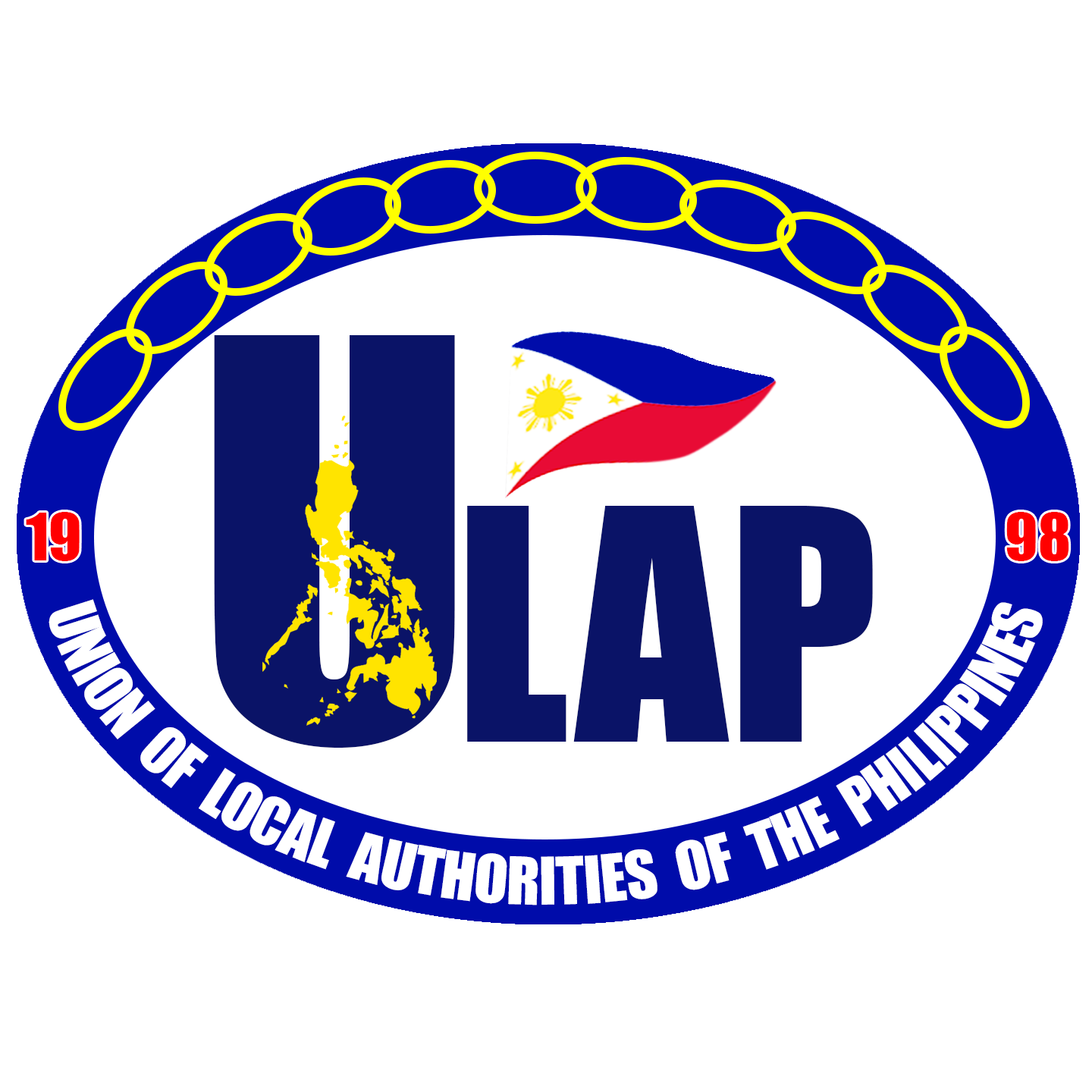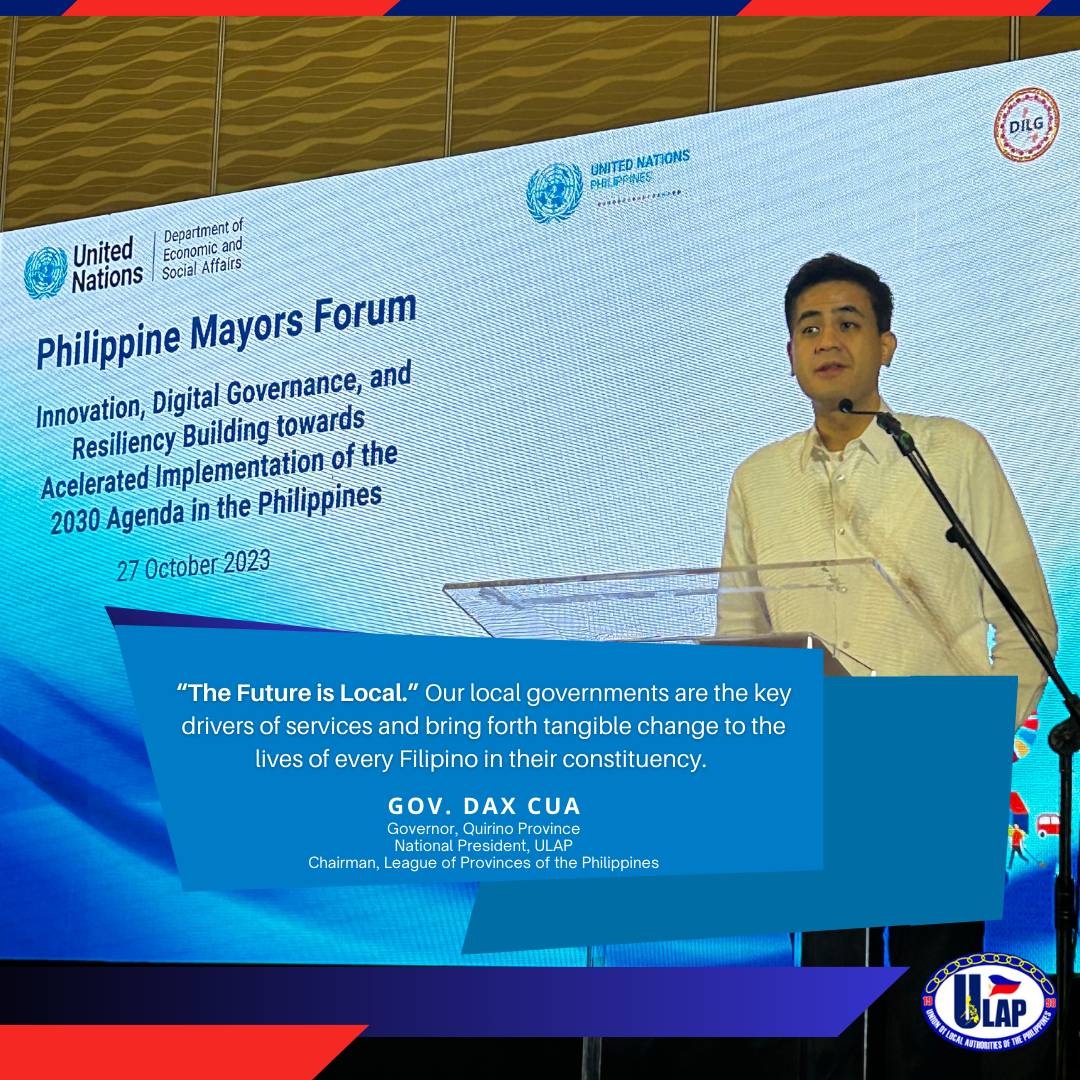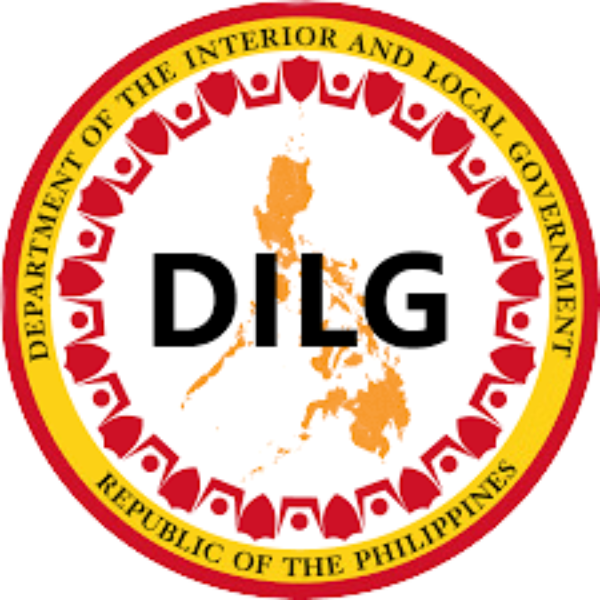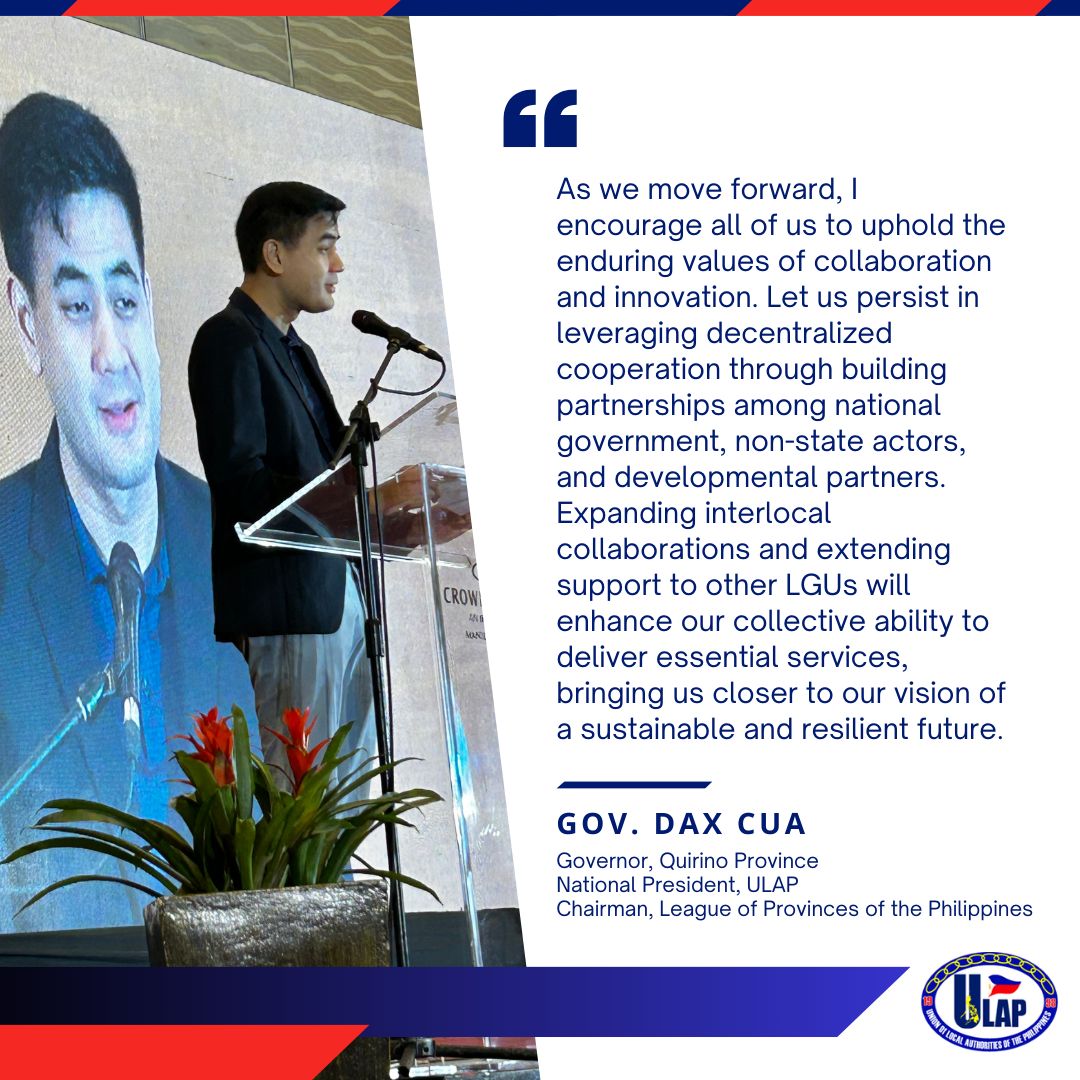LESSONS LEARNED: Developing technology-based innovation platforms at provincial level: Supporting Bottom-up Budgeting (BuB) projects for 2015 in Luzon, Visayas and Mindanao to identify context specific tech-based innovations to support with making the BuB
Overview, Context and Objectives1:
The Union of Local Authorities of the Philippines (ULAP)2, the umbrella organization of all leagues of local government units and locally elected officials in the country, in partnership with Making All Voices Count (MAVC) and Hivos International, has undertaken this project as part of its commitment as member of the Philippine Open Government Partnership (OGP)3Steering Committee, and in support of the Bottom Up Budgeting (BuB) implementation with the Department of Interior and Local Government (DILG) and the Department of Budget and Management (DBM).
This white paper, as an end-of-project knowledge product, aims to:
- Present the project’s assessment of BuB reporting and monitoring gaps for further policy actions;
- Discuss project prototypes developed by local BuB stakeholders to troubleshoot identified reporting and monitoring problems; and,
- Further explore the opportunities for scaling up and out of the project
BuB is an approach to preparing national government budget (through its agencies or, more significantly recently, through direct downloads of funds to local governments) which take into consideration the development needs of poor cities and municipalities as identified in their respective Local Poverty Reduction Action Plans (LPRAPs) that are formulated with strong participation of basic sector organizations and other civil society organizations4 However, challenges were identified in the implementation of BuB in terms of timeliness and efficiency. Through consultations with Local Government Units (LGUs), the following challenges were identified:
- Provincial governments are not involved in BUB which cause non-harmonized and redundant municipal projects budgeted by the provincial governments that were also budgeted by BUB.
- CSOs report insufficient citizen’s participation in monitoring of the implementation of BUB projects and programs.
- There are delays in the downloading of tranches of the funds to recipient LGUs partly due to the late submission of project reports. LGUs face difficulties in complying with the reporting due to the complex and numerous requirements that are needed.
In response to these challenges, ULAP sought to innovate on possible solutions with BuB reporting as an entry point, because: - Finding innovative solutions for more efficient BuB reporting allows LGUs to clear and receive project fund tranches faster, thus implementing projects faster.
- BuB reporting (and receiving funds) solves the delays and challenges in upholding contracts of suppliers implemeting BuB projects.
- BuB reporting inefficiencies take toll on LGU manpower. Engineers and accountants, among other technical staff spend unreasonable amounts of time filling out different templates across agencies that contain the same kind of data requirements.
- BuB reporting processes have impracticalities in terms of submission, particularly for LGUs that are far away from provincial or city centers where local NGA offices are. Solving these impracticalities will also mean less overhead expenses for the LGUs who have to travel far to submit their documents.
Leveraging on the issues on BuB reporting, MAVC and ULAP project’s key objective is to facilitate the use of technology-based innovations to improve relationships and increase opportunities for feedback loops between citizens and governments, with the OpenBuB portal as the basis for reporting, monitoring, and feedback of local BuB implementers and partners. In particular, the project sought to:
1. Build capacity of provincial local government units (PLGUs) to use the Open BuB platform (and other emergent innovative platforms) for feedback and data gathering; processing of information into policy and management inputs; and evidence-informed policy making; and,
2. Build capacity of non-government/civil society members of the municipal Local Poverty Reduction Teams (LPRATs) to maximize the Open BuB platform (and other emergent innovative platforms) for reporting of status of BuB projects; and to contribute to decision and response-generation of the PLGU and Regional Poverty Reduction Action Teams (RPRATs) on issues and concerns identified from the grassroots.
1. The Union of Local Authorities of the Philippines presented this white paper during the Lessons Learned Session of the project on May 3, 2016 at DILG NAPOLCOM Center, Quezon Ave. cor. EDSA, Quezon City. A total of 22 participants attended the said event, with representatives from the member agencies of the National Poverty Reduction Action Team (NPRAT), national civil society organizations (CSOs) and member leagues of ULAP.
2. For more information about the project, contact ULAP Executive Director Czarina Medina-Guce at This email address is being protected from spambots. You need JavaScript enabled to view it., (+632) 5346787 or 89.
3. Open Government Partnership (OGP) is an international initiative launched in 2011 to provide an international platform for domestic reformers committed towards making their governments more open, accountable and responsive to citizens. The Philippines is one of the nine founding members of OGP and one of the 65 participating countries to the initiative to date. In all of these countries, government and civil society are working together to develop and implement open government reforms. The Philippines, for its 2013-2015 OGP Action Plan, has included the BuB implementation as one of its commitments. BuB (then called the Grassroots Participatory Budgeting) was awarded a Gold Citation (3rd place) in the Open Government Partnership Awards on September 24, 2014 in New York City.
4 Partially lifted from the Joint Memorandum Circular of DBM, DILG, the Department of Social Welfare and Development (DSWD) and the National Anti-Poverty Commission (NAPC), 2013
Overview, Context and Objectives:
The Union of Local Authorities of the Philippines (ULAP)2, the umbrella organization of all leagues of local government units and locally elected officials in the country, in partnership with Making All Voices Count (MAVC) and Hivos International, has undertaken this project as part of its commitment as member of the Philippine Open Government Partnership (OGP)3Steering Committee, and in support of the Bottom Up Budgeting (BuB) implementation with the Department of Interior and Local Government (DILG) and the Department of Budget and Management (DBM).
This white paper, as an end-of-project knowledge product, aims to:
- Present the project’s assessment of BuB reporting and monitoring gaps for further policy actions;
- Discuss project prototypes developed by local BuB stakeholders to troubleshoot identified reporting and monitoring problems; and,
- Further explore the opportunities for scaling up and out of the project
BuB is an approach to preparing national government budget (through its agencies or, more significantly recently, through direct downloads of funds to local governments) which take into consideration the development needs of poor cities and municipalities as identified in their respective Local Poverty Reduction Action Plans (LPRAPs) that are formulated with strong participation of basic sector organizations and other civil society organizations4 However, challenges were identified in the implementation of BuB in terms of timeliness and efficiency. Through consultations with Local Government Units (LGUs), the following challenges were identified:
- Provincial governments are not involved in BUB which cause non-harmonized and redundant municipal projects budgeted by the provincial governments that were also budgeted by BUB.
- CSOs report insufficient citizen’s participation in monitoring of the implementation of BUB projects and programs.
- There are delays in the downloading of tranches of the funds to recipient LGUs partly due to the late submission of project reports. LGUs face difficulties in complying with the reporting due to the complex and numerous requirements that are needed.
In response to these challenges, ULAP sought to innovate on possible solutions with BuB reporting as an entry point, because: - Finding innovative solutions for more efficient BuB reporting allows LGUs to clear and receive project fund tranches faster, thus implementing projects faster.
- BuB reporting (and receiving funds) solves the delays and challenges in upholding contracts of suppliers implemeting BuB projects.
- BuB reporting inefficiencies take toll on LGU manpower. Engineers and accountants, among other technical staff spend unreasonable amounts of time filling out different templates across agencies that contain the same kind of data requirements.
- BuB reporting processes have impracticalities in terms of submission, particularly for LGUs that are far away from provincial or city centers where local NGA offices are. Solving these impracticalities will also mean less overhead expenses for the LGUs who have to travel far to submit their documents.
Leveraging on the issues on BuB reporting, MAVC and ULAP project’s key objective is to facilitate the use of technology-based innovations to improve relationships and increase opportunities for feedback loops between citizens and governments, with the OpenBuB portal as the basis for reporting, monitoring, and feedback of local BuB implementers and partners. In particular, the project sought to:
- Build capacity of provincial local government units (PLGUs) to use the Open BuB platform (and other emergent innovative platforms) for feedback and data gathering; processing of information into policy and management inputs; and evidence-informed policy making; and,
- Build capacity of non-government/civil society members of the municipal Local Poverty Reduction Teams (LPRATs) to maximize the Open BuB platform (and other emergent innovative platforms) for reporting of status of BuB projects; and to contribute to decision and response-generation of the PLGU and Regional Poverty Reduction Action Teams (RPRATs) on issues and concerns identified from the grassroots.
1. The Union of Local Authorities of the Philippines presented this white paper during the Lessons Learned Session of the project on May 3, 2016 at DILG NAPOLCOM Center, Quezon Ave. cor. EDSA, Quezon City. A total of 22 participants attended the said event, with representatives from the member agencies of the National Poverty Reduction Action Team (NPRAT), national civil society organizations (CSOs) and member leagues of ULAP.
2. For more information about the project, contact ULAP Executive Director Czarina Medina-Guce at This email address is being protected from spambots. You need JavaScript enabled to view it., (+632) 5346787 or 89.
3. Open Government Partnership (OGP) is an international initiative launched in 2011 to provide an international platform for domestic reformers committed towards making their governments more open, accountable and responsive to citizens. The Philippines is one of the nine founding members of OGP and one of the 65 participating countries to the initiative to date. In all of these countries, government and civil society are working together to develop and implement open government reforms. The Philippines, for its 2013-2015 OGP Action Plan, has included the BuB implementation as one of its commitments. BuB (then called the Grassroots Participatory Budgeting) was awarded a Gold Citation (3rd place) in the Open Government Partnership Awards on September 24, 2014 in New York City.
4. Partially lifted from the Joint Memorandum Circular of DBM, DILG, the Department of Social Welfare and Development (DSWD) and the National Anti-Poverty Commission (NAPC), 2013

